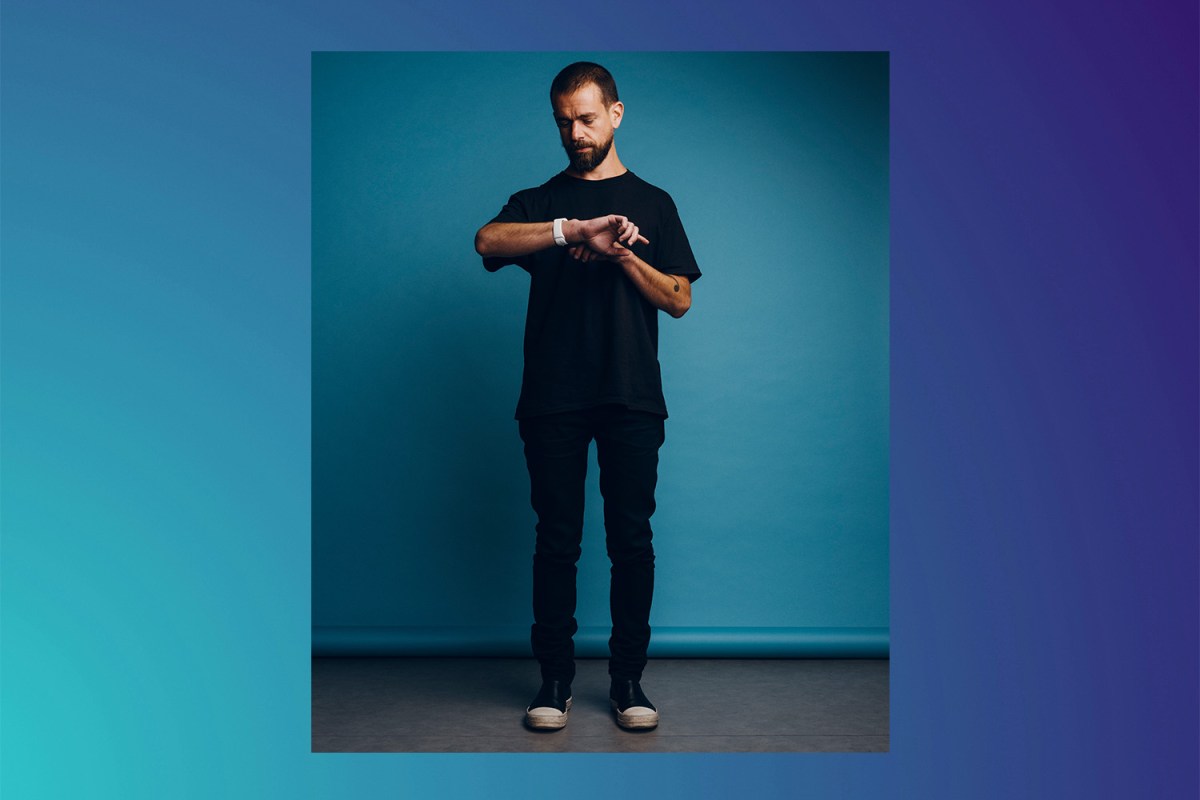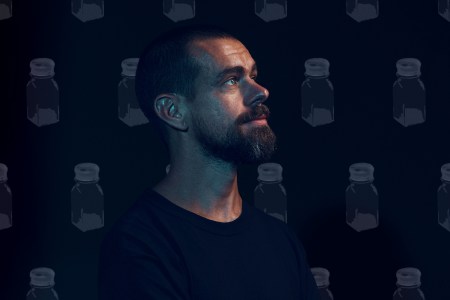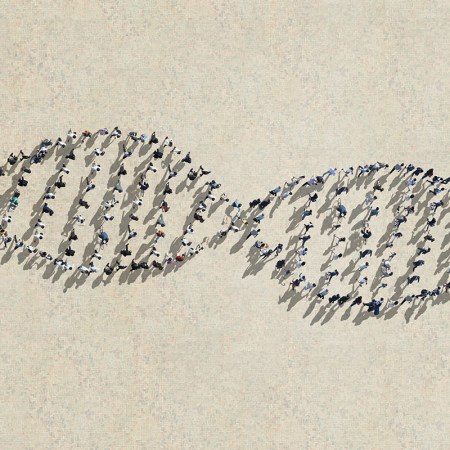Despite suffering from migraines as a child, Jeanne Calment, the oldest person to have ever lived, claimed to have never been ill, to have only smoked cigarettes at mealtimes and to have not broken a single bone in her body until her mid-60s. Born in France in 1875, Calment cycled until the age of 100 and kept her skin supple with a daily application of olive oil.
By the time she passed away at the age of 122 years and 164 days in 1997, she had lived through the fallout of the American Civil War, the two World Wars and the Cold War. She had seen the rise of the commercial airliner, rock ’n’ roll and the early days of the internet. Had she hung on a few decades longer, she might have made quite the TikTok star.
Calment is an outlier, but as the populations of Okinawa, Japan, and Sardinia, Italy, show, humans are now living for longer than we ever have. In the 18th century, the average global lifespan was just 28.5 to 32 years. It’s now between 72.6 and 73.2. There may not even be a limit to how old we can get.
Writing in the journal Oncoscience, Mikhail V. Blagosklonny of Roswell Park Comprehensive Cancer Center notes that in humans, we focus on treating diseases instead of fighting anti-aging on a broad front. Those of us who manage to age slowly, “entering very old age in good health” eventually die…of old age. If you have to go, that is surely the way to do it.
Another recent study suggests we might live to 150 years old — and beyond. But who would want to live forever? Well, tech dudes, of course — many of whom are already attacking aging on this broad front as they race to slow their biological age and disregard their “chronological age” completely (i.e., the age their mom writes in their birthday cards).
As Chris Wareham, assistant professor at the Ethics Institute at Utrecht University in the Netherlands, explains, it is indeed the uber-rich who have the best chance of living longer.
“Longevity is linked to this, because wealthy people are likely to have access to more and better technologies,” he says. “As they live longer, wealth accumulates, for instance through compounding.”
They can then use those resources to attempt to slow the aging process, so that a 70-year-old might have the biological age of a 50-year-old, a 40-year-old the vitality of a 20-year-old, and so on. In other words, the emphasis is on improving health-span. After all, what’s the point of becoming the world’s richest man, colonizing Mars or building Earth’s largest super yacht if you’re not able to actually enjoy your success?
So, has the first man who’ll live to 150 already been born? Let’s take a look at the contenders.
7. Larry Page
A decade ago, the California Life Company, also known as Calico Labs, felt like a genuinely exciting step in exploring technologies to combat aging and age-related diseases. When Larry Page announced Google’s new subsidiary, Time quipped that it “might one day defeat death itself.” Billions of dollars in investment later, and Calico co-founder Bill Maris said in 2020 that he was “disappointed” with the lack of visible progress the company has made.
Hope is not completely dashed. Page is just 50 years old with a net worth of $127.1 billion, meaning he theoretically has another century — and plenty of funds — with which to crack it. A lack of big breakthroughs have slowed Page’s aspirations, but there’s still hope.
100 Ways to Live to 100: The Longevity Fitness Guide
Coastal living, board games, not eating hot dogs. It’s all in here.6. Peter Thiel
Alongside co-founding the likes of PayPal and Palantir, the 56-year-old German-American billionaire is perhaps most known for his claims, in 2012, that death is unnatural. “There are all these people who say that death is natural, it’s just part of life, and I think that nothing can be further from the truth,” he told Business Insider at the time.
In the years since, Thiel has put his millions of dollars where his mouth is, investing in drug company Unity Biotechnology (whose products target aging cells), as well as pledging $7 million to the Methuselah Foundation, a nonprofit focused on regenerative medicine and tissue engineering, which aims to make “90 the new 50 by 2030.”
He’s also reportedly looking into cryonics, via the Alcor Life Extension Foundation, which seeks, to borrow a phrase from the latest series of True Detective, to turn investors into “corpsicles” for defrosting at a later date. Writing on cryonics, Ph.D. physicist Tom Hartsfield argues the process is currently “not remotely plausible,” with the human body breaking down after death, even while frozen. Sorry, Peter.
5. Sergey Brin
According to Forbes, the Google co-founder has given more than $1 billion into researching Parkinson’s disease after discovering his own genetic predisposition. Less a selfish urge to live forever, then, and more a charitable endeavor that could help protect his own health.
Brin has also invested in Calico Labs, as well as funding Verily Life Sciences, formerly Google’s Life Sciences team, which studies wearables designed to help people live healthier lives. This again seems less like a mission to live to 150 and more like good sense. When it comes to researching diseases, the more funding the better. And, according to Johns Hopkins Medicine, cutting-edge research is leading to advanced treatments and a longer lifespan for Parkinson’s patients. Still, 150 is a stretch.
4. Dmitry Itskov
Russian entrepreneur Dmitry Itskov, founder of New Media Stars, is serious about living forever. His “main science mega-project,” the 2045 Initiative, launched in 2011 and seeks to “create technologies enabling the transfer of a individual’s personality to a more advanced non-biological carrier, and extending life, including to the point of immortality.”
Which sounds a lot like implanting human minds into robot bodies. To add fuel to the fears of an impending dystopian nightmare, the 2045 Initiative site claims these transplanted minds “will receive new bodies with capacities far exceeding those of ordinary humans. A new era for humanity will arrive!” Oh, great.
Itskov plans to complete his work by 2045, but AI expert Pratik Desai believes we’ll be able to digitize the human mind by the end of 2024. Then again, it didn’t work out so well in the 2014 Johnny Depp film Transcendence…
3. Bryan Johnson
Perhaps the most famous longevity tech bro out there, biotech CEO Bryan Johnson made headlines after telling the Times of London that he receives plasma infusions from his his 17-year-old son and takes pills previously only trialed on mice in his quest to reverse his biological age.
The regimen costs a reported $2 million a year, and, according to a report from Johnson’s own Project Blueprint, it’s working. The 46-year-old, age-averse tech mogul — who made $800 million from the sale of his company Braintree to eBay — reportedly has the heart of 37-year-old, the skin of a 28-year-old and the lungs of a young adult. Which isn’t creepy at all.
He is, of course, vegan, and consumes around 1,977 calories a day, much of it in the form of “brown sludge,” which prompted The Guardian to ask, “What’s the use of $800m, Bryan Johnson, if you dine on baby food?”
Johnson is an easy figure to poke fun at (and recent claims from his ex-partner add a more worrying dimension to the story), but there might be something in the efficacy of metformin, a diabetes drug that has been adopted as a lifespan enhancer after studies suggested that it may actually slow aging and increase life expectancy.
Why Does Jack Dorsey Drink a Glass of Salt Every Morning?
Diving into the potential health benefits of the Silicon Valley billionaire’s very strange breakfast2. David Murdock
At 100 years old, the former Dole chairman is the oldest entrant on this list, but his aims are somewhat more modest than the others; Murdock doesn’t want to live to 150, just 125.
His mission for longevity was sparked after his third wife died from cancer. For the last 13 years, Murdock has subsisted only on seafood, legumes and egg whites, avoiding red meat, salt, alcohol and sugar. He also keeps to a specific weight, walking and lifting weights a few times a week.
Murdock is paying it forward to the next generation, too. He spent $500 million of his own money on his North Carolina Research Campus, which carries out nutritional research.
All in all, a laudable undertaking. Murdock wants to live around two and a half years longer than the oldest person who ever lived. Given his wealth, advances in medicine and the fact that legumes have been called “the most important predictor of survival in older people”, he could have a shot.
1. Jack Dorsey
The New York Times has called the 47-year-old former Twitter CEO “Gwyneth Paltrow for Silicon Valley,” alluding to the Goop founder’s commitment to what might be considered extreme wellness.
For Dorsey, fasting is the key to long life — in addition to eating just one meal per day, he reportedly fasts on weekends, meaning you’ve eaten more by breakfast time Wednesday than he will all week. Two hours of meditation, a 5 a.m wake-up call and regular ice baths (naturally) all play a role.
Dorsey claims his extreme regimen is less an attempt to live forever and more just a way of staying above water in his hectic career. After all, stress is a killer. Again, 150 seems unlikely, but fasting is quickly emerging as a way to expand lifespan, with one study claiming “[i]ntermittent and periodic fasting…have the potential to prevent and treat disease,” while also noting “their effect on cellular aging and the molecular mechanisms involved are only beginning to be unraveled.”
Who’s Really Going to Live Forever?
Transplanting your brain, freezing your body and injecting your offspring’s plasma all sound like the stuff of science fiction. And despite some solid advances, and millions of dollars spent in the relevant fields, they still largely are.
Some pills, like metformin, do show promise. “Combining anti-aging medicine with cutting-edge medical care, regardless of chronological age, will extend maximal lifespan further,” writes Blagosklonny.
But, despite the best efforts of tech bros, your best chances of reaching 150 may be slightly more mundane: reducing sugar and alcohol, upping the veggies and participating in daily exercise. That, and a little good luck.
Whether you’re looking to get into shape, or just get out of a funk, The Charge has got you covered. Sign up for our new wellness newsletter today.


























